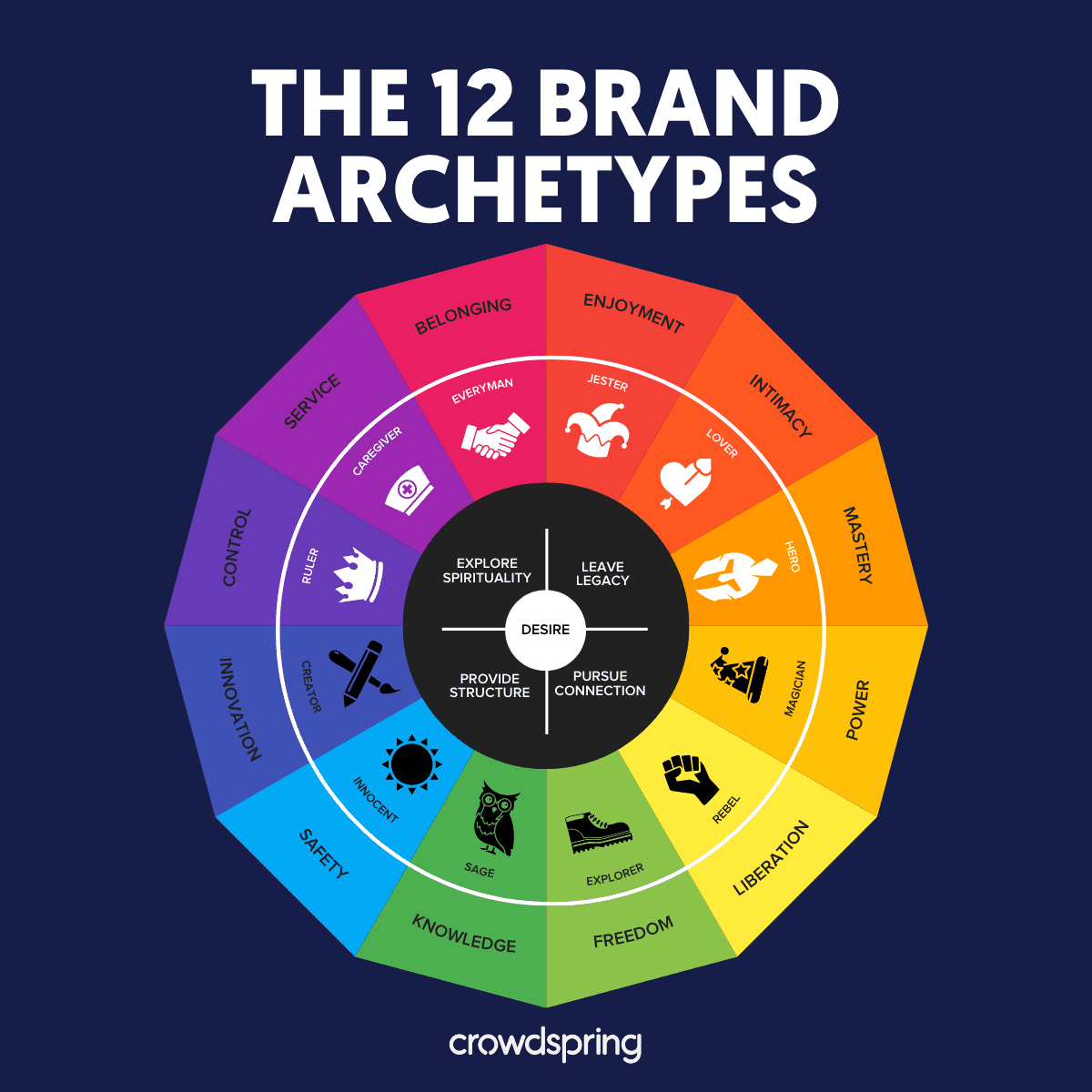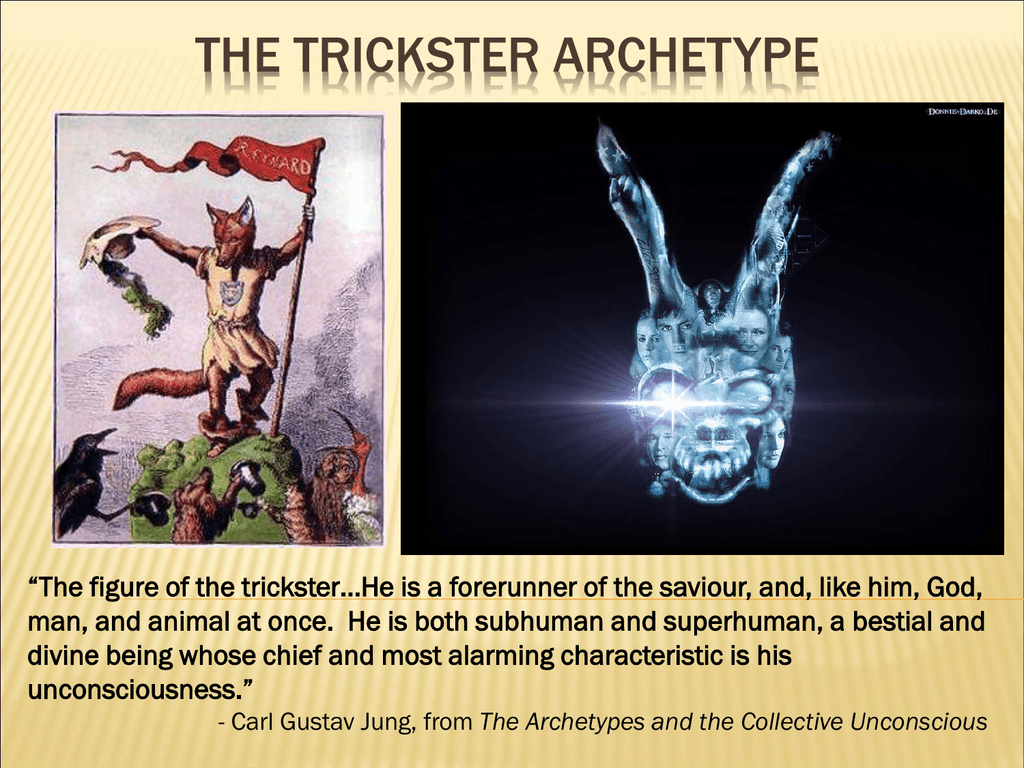Finding the Best Example of an Archetype: Exploring Character Archetypes
In literature, films, and other forms of storytelling, characters often embody specific archetypes that represent universal patterns and traits. Archetypes serve as models or symbols that reflect certain qualities or roles. In this article, we will delve into the concept of character archetypes and explore various examples to determine which character best represents the essence of an archetype.
1. Understanding Character Archetypes:

Character Archetypes
Character archetypes are recurring patterns or universal symbols that represent fundamental human characteristics or roles. These archetypes have been passed down through generations and are present in various cultures and narratives. They provide a framework for understanding and analyzing characters in storytelling.
2. The Hero Archetype:
One of the most recognizable archetypes is the hero. The hero archetype embodies bravery, courage, and a sense of selflessness. They often embark on a journey or quest to overcome obstacles, confront evil forces, and bring about positive change.
Examples of characters that embody the hero archetype include Harry Potter from the Harry Potter series and Luke Skywalker from Star Wars.
3. The Mentor Archetype:
The mentor archetype is characterized by wisdom, guidance, and the ability to impart knowledge to the protagonist. Mentors serve as teachers or guides, providing valuable insights and helping the main character navigate their journey.
Obi-Wan Kenobi from Star Wars and Gandalf from The Lord of the Rings are iconic examples of the mentor archetype.
4. The Trickster Archetype:

Trickster Archetype
The trickster archetype represents mischief, unpredictability, and a tendency to disrupt the status quo. Trickster characters often challenge authority and conventional norms, using their wit and cunning to bring about change.
Loki from Norse mythology and the character of Puck from Shakespeare's A Midsummer Night's Dream exemplify the trickster archetype.
5. The Femme Fatale Archetype:
The femme fatale archetype refers to a seductive and mysterious female character who often leads others into danger or destruction. These characters possess alluring beauty, charm, and intelligence, using their feminine wiles to manipulate those around them.
Examples of the femme fatale archetype can be seen in characters like Carmen from Bizet's opera Carmen and Catherine Tramell from the film Basic Instinct.
6. The Wise Old Man Archetype:
The wise old man archetype represents wisdom, knowledge, and profound insight. These characters often possess a deep understanding of the world and offer guidance and advice to others.
The character of Albus Dumbledore from the Harry Potter series and Yoda from Star Wars exemplify the wise old man archetype.
7. The Rebel Archetype:
The rebel archetype embodies nonconformity, individualism, and a desire for freedom from societal norms or oppressive systems. Rebel
characters challenge authority and strive for change, often inspiring others to question the status quo.
Examples of the rebel archetype include Katniss Everdeen from The Hunger Games and Tyler Durden from Fight Club.
8. Determining the Best Archetypal Character:
Identifying the single best example of an archetype can be subjective and dependent on personal interpretation. Different characters may embody archetypes to varying degrees or resonate with different individuals.
The best archetypal character can be determined by considering the impact, cultural significance, and overall embodiment of the archetype in question.
Character archetypes play a vital role in storytelling, offering recognizable patterns and symbols that allow readers and viewers to connect with characters on a deeper level. While various characters exemplify different archetypes, identifying the best example of an archetype is subjective. The hero archetype, mentor archetype, trickster archetype, femme fatale archetype, wise old man archetype, rebel archetype, and many others provide rich and diverse examples of universal human traits and roles in narratives. The exploration of character archetypes allows us to appreciate the depth and complexity of storytelling and its connection to the human experience.